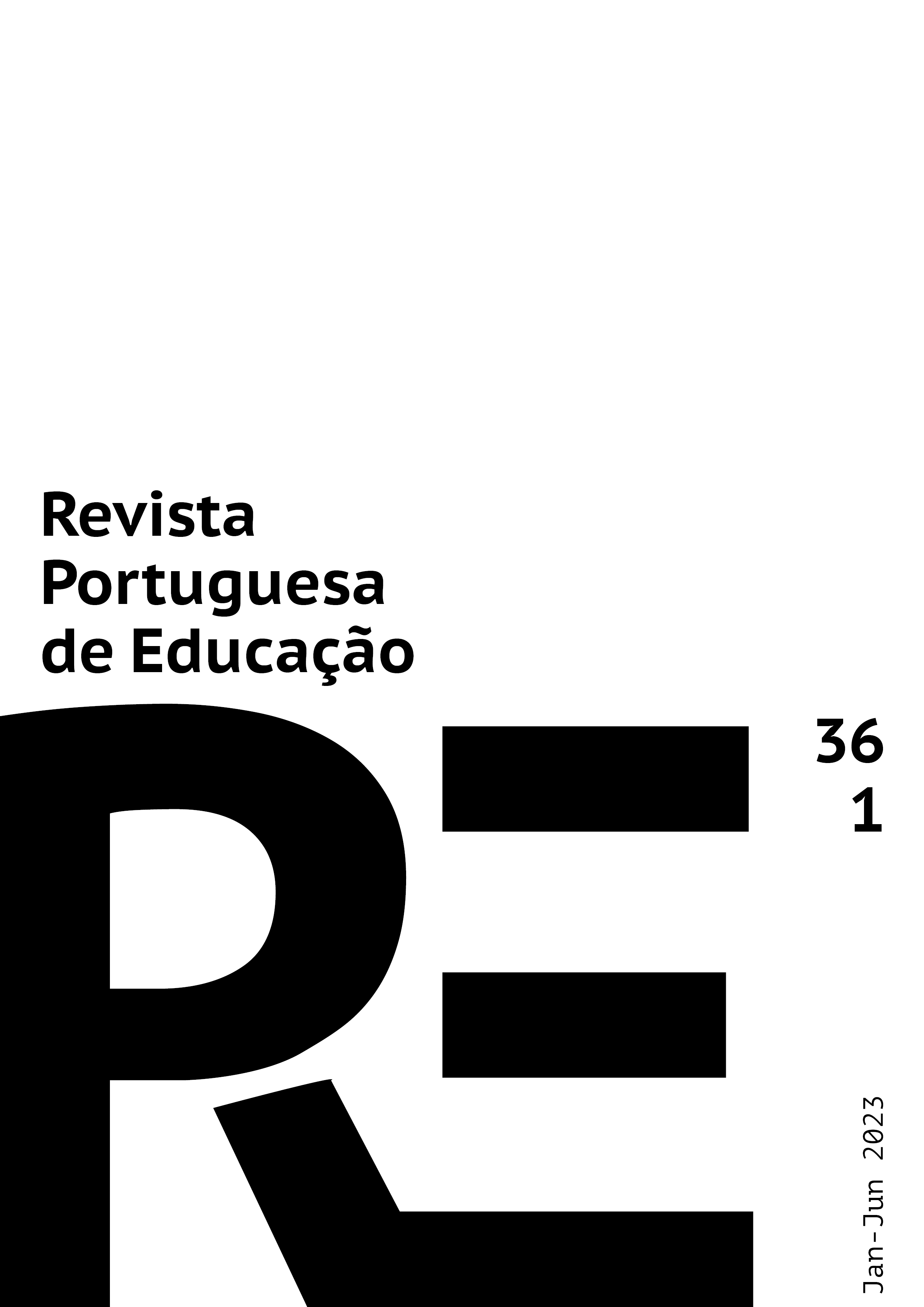Amos Bronson Alcott: A Case for Romantic Education
DOI:
https://doi.org/10.21814/rpe.23945Keywords:
Education, Transcendentalism, ReformAbstract
As one of its ideologues, Amos Bronson Alcott constitutes one of the most relevant figures of Transcendentalism or American Romanticism. Confronted with the radical changes of the times he was living in, Alcott will come up with his most daring proposals in the realm of education. The objective of this article is to place Alcott’s reformation drive within its philosophical context and to reveal his singular position. Self-awareness, in perspective with nature, constitutes an unavoidable previous step to any educational intent. It is from here that the most useful learning takes place, that which allows for establishing a relationship between the material world and the spiritual world. Alcott identifies the general laws of thought, as series of Maxims, that must at all times guide the instructor. Due to the divine nature of human beings, education will, in the end, be concerned with self-education.
Downloads
References
Alcott, A. B., (1836). The Doctrine and Discipline of Human Culture. James Munroe and Co.
Alcott, A. B., (1938). In O. Shepard (Ed.), The Journals of Bronson Alcott. Little Brown and Company.
Coleridge, S. T., (1983). In J. Engell and W. Jackson Bate (Eds.), The Collected Works of Samuel Taylor Coleridge.Princeton University Press.
Dahlstrand, F. C., (1982). Amos Bronson Alcott. Associated University Presses.
Emerson, R. W., (1984). Selected Essays. Penguin Books.
Myerson, J., (2000). Transcendentalism: A Reader. Oxford University Press.
Wordsworth, W., (1936). Wordsworth, Poetical Works. Oxford University Press.
Downloads
Published
How to Cite
Issue
Section
License
Copyright (c) 2023 Jaime Costa

This work is licensed under a Creative Commons Attribution-ShareAlike 4.0 International License.
1. The authors preserve their authorship and grant the Portuguese Journal of Education the right to the first publication. The work is licensed under Creative Commons Attribution License that allows sharing the work with the acknowledgment of initial authorship and publication in this Journal.
2. The authors have the right to take additional contracts separately, for non-exclusive distribution of the published version of their work (e.g. to deposit in an institutional repository or as a book chapter), acknowledging the initial authorship and publication in this Journal.
3. The authors have the permission and are stimulated to post their work online (e.g. in an institutional repository or on their personal website). They can do this at any phase of the editorial process, as it may generate productive changes, as well as increase impact and article citation (see The Open Citation Project).
The work is licensed under Attribution-ShareAlike 4.0 International (CC BY-SA 4.0)




















